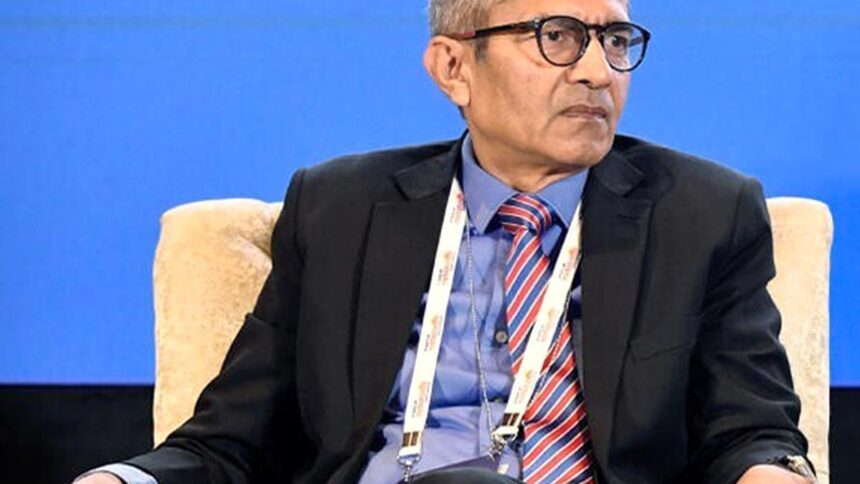
Rajesh Kumar Singh, Secretary, Department of Industrial Promotion and Internal Trade (DPIIT). File
Eliminating the Angel tax for start-ups is a pending issue as this levy is on investments coming into the country and overseas inflows are not taxed, a top government official said.
Rajesh Kumar Singh, Secretary, Department of Industrial Promotion and Internal Trade (DPIIT), said the decision will help attract foreign investment, promote innovation and further strengthen the country’s startup ecosystem, which is the third largest in the world. “So this is a simple business issue and also a tax issue. In the end, this is a tax not on income but on investment and investment should not be taxed, this is the basic idea,” said Mr. Singh. PTI.
Giving great relief to startups, the government on July 23 announced the elimination of hard taxes for all classes of investors. The decision will also reduce disputes and litigation, thereby providing tax certainty and policy stability. In addition, it will also reduce the demand for assessments and judgments.
The angel tax (income tax at a rate of more than 30%) refers to the income tax imposed by the government on the financing made by unregistered companies, or start-ups, if the value exceeds the fair market value.

Elaborating on the reasons, Mr. Singh said that the tax has affected the investors. Because of these taxes, “really good” ideas are not supported in India and force people to go abroad and earn money. “So it actually reduces FDI (foreign direct investment) into India and also creates a system where people are domiciled outside the country and after a long time they come back because finally the market is here,” he said.
In the concerns about money laundering in such investments and whether investors pay a premium for just an idea from the beginning, Mr. Singh said that the matter can be handled through other rules that already exist. “You try to intercept 1-2-3% of those who do it (money laundering), but you are burdening 97% of people who are original innovators and try to sell the idea and get investment for it,” he said.
The angel tax forces startups to approach foreign investors and now after removing this clause from the Income Tax Act, entrepreneurs will be able to raise funds.
Offers to attract investment to Indian startups
Commerce and Industry Minister Piyush Goyal also said that the decision will help attract investment in Indian startups and further boost the growth of entrepreneurs. The move will mainly help emerging sectors like deeptech, artificial intelligence, clean energy, etc., which require huge capital in the early stages.
Section 56(2)(viib) of the Income Tax Act provides that an amount raised by a start-up in excess of the fair market value shall be treated as income from other sources and shall be taxed at 30%.
Purported as an anti-abuse measure, this Section was introduced in 2012. It is referred to as the ‘angel tax’ because of its impact on investments made by angel investors in start-up ventures.
Earlier also, the government has made some amendments to make this tax regime more conducive for investors and startups. Changes were made under the Finance Act 2023 which is proposed to include investments from foreign investors or non-residents in the scope of the angel tax from April 2024.
Certain exemptions notified by the Central Board of Direct Taxes (CBDT) state that the provision does not apply to DPIIT-recognized startups, certain classes of foreign investors, and entities from 21 countries. Further, guidelines on assessment methodology were also notified by CBDT.
However, it is felt that the provision is hindering the industry, the growth of the startup ecosystem, especially inward investment, officials said.
Joint Secretary at DPIIT Sanjiv said various representations were received by the department from stakeholders, highlighting the negative impact of angel tax. Before recommending the removal, DPIIT officials studied various international regimes and their approaches were analysed, he said.
For investors, this move will give confidence to the Indian investor community and is expected to remove many risks for investors in early-stage companies, leading to an increase in the number of active investors in India, he added. Currently, about 1.44 lakh startups are admitted by DPIIT.




